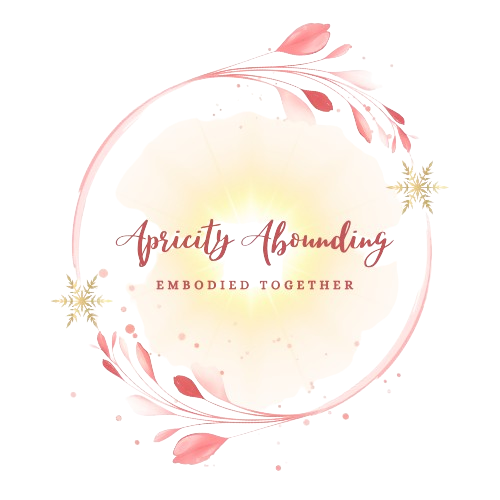
Hi There, I’m Noel (they/he)
I’m a white, ace, trans Millenial. I attended Indiana University South Bend where I got an undergraduate degree in Women’s and Gender Studies and a Master’s in Social Work (MSW). My first career was professional body piercing (I still pierce sometimes), and through college I did grassroots organizing and political advocacy around reproductive justice. I decided I wanted to become a therapist during the worst time of my adult life. I was seeing a MSW intern for my own therapy, and while exploring possible career paths with my degree, my therapist said “You know, you could do what I do.” A year later, I was starting a MSW program. At that time, I had no idea my path would take me to somatics. I learned about somatic therapy while I was studying empowerment models for people who had been sex trafficked, and I saw it as a direction to try for my own healing. And once I experienced embodiment (experienced it, not just read about it), I actually started getting better. Now I’m passionate about supporting others to get better.

My Modalities
Somatic Experiencing™ (SE)
Trauma is not the event that occurred, it’s how your body responds to it afterward. SE is a gentle and gradual approach to healing that centers the story of your body, and addresses the root cause. This means you do not have to have conscious memory of the event, or even share the details of what happened. When we practice SE, we support your body to find and complete what didn’t get to happen which releases stored survival energy. SE is a three-year long intensive program that requires attending multi-day training events spread over the 3 years, receiving personal SE sessions, and attending individual and group case consultations. I am currently in my 3rd year. Learn more here.
Trauma Center Trauma Sensitive Yoga™ (TCTSY)
TCTSY is a scientifically-validated intervention for complex trauma and PTSD – a recent study actually found TCTSY to be in the top two most effective interventions, with a significantly lower drop out rate than other trauma-focused therapies! Just like EMDR, IFS, CPT, CBT, or other interventions, TCTSY is provided by trained facilitators who complete a 300 hour training program. TCTSY is unique, however, in that it employs interoception–or awareness of internal physical cues–to guide survivors toward restoring a felt sense of safety in their relationship to their body and to others. It is different than “trauma-informed yoga,” and is made for people with no yoga experience. You can even do it without getting out of your chair! Learn more here.
Dynamic Attachment Repatterning Experience (DARe)®
If you grew up with caregivers who could not consistently provide for your emotional or physical needs, there’s a good chance you developed adaptive strategies to survive. These adaptive strategies are often referred to as insecure attachment. Insecure attachment can get in the way of having the healthy relationships that you really want. DARe is a somatic relational modality that is built on the idea that we do not heal in isolation, and that we are all wired for secure attachment. It allows us to attend to the wounds that caused insecure attachment and heal them at the source. Learn more about DARe and your attachment style here.
What’s anti-oppressive practice?
“No intervention that takes power away from a survivor can possibly foster [their] recovery, no matter how much it appears to be in [their] immediate best interest.”
-Judith Herman
Central to my work, and with all the modalities I use, is anti-oppressive practice. Anti-oppressive therapy practice is critical of social inequities, and the ways in which those inequities create illness. In therapy, this starts with recognizing how patterns of power play out in the space and relationship, and challenging those dynamics. It’s about me sharing power, supporting you to develop agency toward your own and others’ liberation. If you want, I will support you to make links between your personal struggles and structural causes, address internalized oppression that may be disempowering you or causing you to perpetuate the same oppression toward others, and recognize ways you can participate in collective action to create social change.
Current Openings
Sessions available on Tuesdays, Wednesdays, and Thursdays
Phone
Address
6011 Joy Road
Detroit, MI 48204


